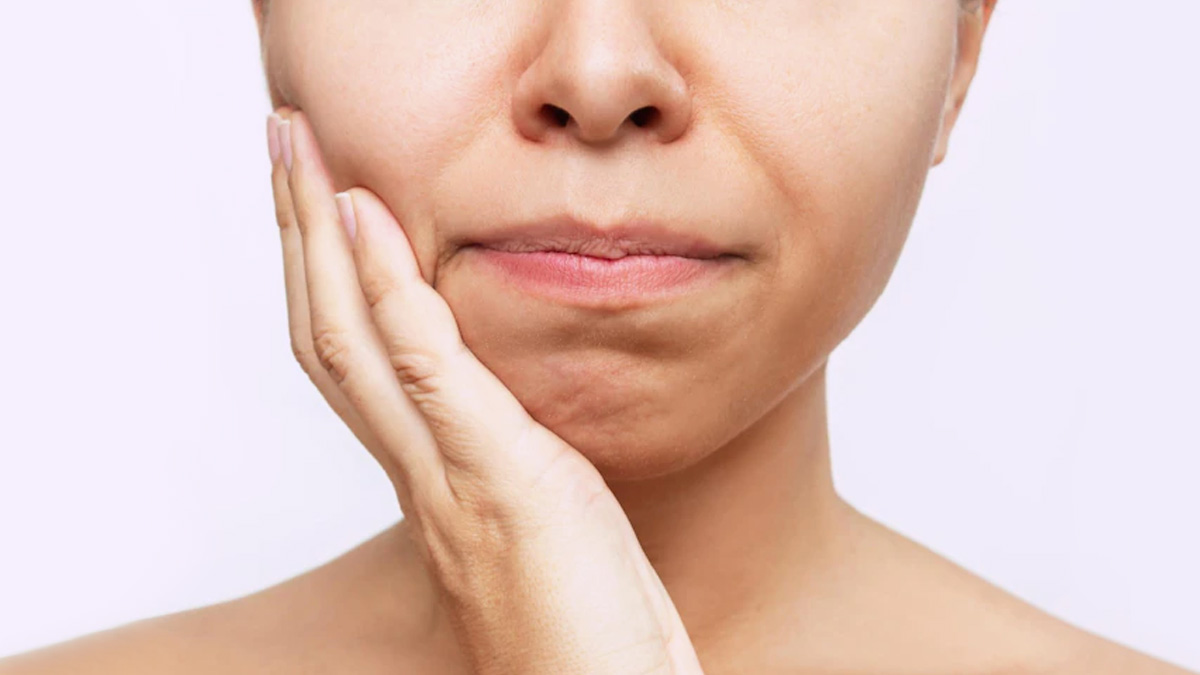
Enamel is the first line of defence that your teeth have against external attacking forces. It is the hardest substance in your body that insulates your teeth and creates a barrier between destructive external factors like bacteria and your vulnerable layers of teeth like pulp. However, this does not mean that your enamel is not prone to damage and erosion. But the bigger question is if it can regrow once damaged or deteriorated? To know more about this, the OnlyMyHealth editorial team talked to Dr Kishkindha, BDS from Ludhiana Punjab.
Reasons for Enamel Damage
There can be many reasons why tooth enamel can suffer damage. The first reason for enamel damage is dental caries. Then there are wasting diseases like attrition, aberration, erosion, and abfraction of teeth. These issues involve enamel and cause it to deteriorate, which can further involve and damage dentin and then pulp.
Your diet also plays a major role in damaging your enamel. Consuming foods and beverages high in acids can act on enamel and damage it.

Also Read: Know The Causes, Symptoms And Treatment For Tooth Enamel Erosion
Can Your Enamel Regrow?
Once the enamel is damaged and dentin is involved then it will lead to sensitivity and if the pulp is involved then it will lead to pain. When enamel is damaged, it cannot regrow or heal back to its normal form. It has to be maintained at the earliest stage when the sign of damage starts appearing. This is because once the tooth enamel starts deteriorating, it will keep on invading the lower layers of the tooth, like dentine and the pulp. The fact that your enamel is not made of the cells that involve regeneration, it does not have the ability to regrow or regenerate.
Prevention Tips
To prevent this, patients who are suffering from wasting diseases, like attrition can ask their dentist for night guards. This is to ensure and prevent the loss of enamel does not happen further from the point of existing damage.
Apart from a night guard, your dentist can use various restoration methods like fillings, which include composite filling.
Also read: Before or After Brushing: The Right Time To Floss Your Teeth
You can prevent further damage and deterioration of your teeth enamel by practising good oral hygiene. Brushing twice a day along with flossing should be a must. You should also avoid foods rich in sugar, starch, and acids. Drinking plenty of water will wash out acid and bacteria from your mouth. You can also chew sugar-free gum to increase saliva production, which also aids in the washing out of germs and food debris.
Conclusion
If you experience pain and sensitivity in your teeth and mouth, there are chances that the enamel of your teeth is suffering from erosion. So, without delay, you should meet your dentist and follow his advice on how to further prevent damage to the enamel.
Image Credit: freepik
Also watch this video
How we keep this article up to date:
We work with experts and keep a close eye on the latest in health and wellness. Whenever there is a new research or helpful information, we update our articles with accurate and useful advice.
Current Version